Job Interviews: Are You Putting Your Best Foot Forward?

Humans can form first impressions in as little as 33 milliseconds. This stat, first published by researchers at the University of York, highlights just how important it is to put your best foot forward for a job interview, as employers will form a judgement of you right from the word go.
When it comes to leaving a good first impression for your Engineering, Construction, Manufacturing or Infrastructure job, whether in-office or on-site, consider these tips to prepare yourself:
Before the Interview
Do Your Research
Job interview success - not just in Engineering and Construction but any field - comes in large part from understanding the company, the job description and who is interviewing you. So, before the day, ensure you know:
- The company: Its past and current projects, its mission and values, and where you believe you fit into this picture.
- The job description: What the job will entail, and the key skills required - you will likely be called upon to answer how you meet these criteria, if not exceed them.
- The interviewer: Who are they and what is their role? Knowing their background could help you engage in some semblance of small talk to begin the interview, making the experience feel more natural and comfortable. It can also prepare you for questions - a recruiter may want to know your qualifications and ability to fit into the company culture, while an Engineer of 20 years may ask far more technical, specific queries.
Show up on Time
The importance of this cannot be overstated. Being late, or even too early, is viewed as a red flag. It is appropriate to arrive approximately five to 10 minutes prior to your interview, and definitely not one second after.
Should you believe you are going to be late, get proactive - contact your interviewer as soon as you know so that you can either reschedule or so you at least keep them in the loop.
Be Ready to Talk
Every employer asks different questions. You need to be prepared to answer - in full - a wide range of information about yourself, your past and your goals for the future so that you seem competent and knowledgeable.
Prepare a range of anecdotes and, where possible, statistics, to explain and describe your project history, previous roles and any other situation that feels like it could be relevant (i.e. extra post-graduate qualifications you’ve achieved).
As an example, rather than just prepare a generic “strength” or “weakness”, consider where you have used your strength, or in what situations it has come up so that you can add ‘proof’, as it were. With regards to your weakness, consider also how you overcame the situation to show your personal growth.
During Your Interview
Dress the Part
You should always match how you dress to the level of the role and the company at which you’re interviewing.
When researching the company, try to find out what their dress code is - you can do so on LinkedIn or their website, searching for photos of staff in action. Match this dress code and make it slightly more professional, even if it’s already a smart code. The general adage in recruitment is to ‘dress for the job you want’, therefore dressing like you already fit the company can make a smart first impression.
Be Confident
We realise this is hard advice to follow if you’re feeling nervous, but how you act will make a big difference to that initial impression. Even if you feel nervous on the inside, you can still exude confidence on the outside by acting in a certain way:
- Make small talk: Small talk makes a conversation feel more natural and can get a recruiter on-side (for example, if you find common interests to discuss).
- Smile: Smiling will show that you are enjoying the interview and are a personable, easy-to-talk-to individual, suggesting you’ll be a good fit for the company’s culture.
- Shake their hand: This is an important way to begin the interview. You don’t have to wait for a recruiter to try to shake your hand either - by all means initiate the action.
- Try not to fidget: Relax your body and make eye contact. Try to avoid fidgeting or folding your arms, to open up your body language.
Start Impressing Straight Away
Your first impression starts long before you ever meet your recruiter. Email and phone contact, as well as when you choose to turn up to the appointment, all contribute to your interviewer’s opinion.
And don’t discount how you act while waiting in the reception, or wherever you have been told to sit or stand. Other staff members may be watching how you act. Put your phone away, be nice to everyone you meet and try to relax.
Bonus Tip: What if it’s a Skype Interview?
For a Skype or other internet-based interview, there are a few alternative things to do:
- Clear the background: If using a webcam, ensure the background of your shot is free of clutter or distracting mess.
- Go to a quiet place: Noise on the microphone may make it hard for your interviewer to hear your responses, so try to find somewhere quiet.
- Test your equipment: Long before it’s time to dial into the meeting, test all of your equipment - your microphone, headphones, webcam and the software itself (if possible). While some tech issues can’t be avoided, you want to make sure that none of them are your fault.
After the Interview
Congratulations! You’ve successfully completed your interview, and will thus far have left a great first impression. There are only two things left to consider to cement your reputation and help yourself stand out as a prime candidate:
- Shake hands again: Smile, thank your interviewer for their time and shake their hand once more. This is a friendly gesture and will leave a positive impression as you exit the building.
- Send a thank-you email: Some recruiters suggest sending a follow-up email not long after the chat, typically within 24 hours. This doesn’t need to be complicated - just a message thanking them again for their time and once again expressing your interest in the role.
Summary
Even if you don’t feel confident leading up to a job interview, there are many steps you can take to exude confidence in a recruiter’s eyes. Whether you’re going for an Engineering, Manufacturing, Construction or Infrastructure role, high-level or low, ensure that you do your research, think hard about your body language and come prepared to both ask and answer questions.
Need more job search tips or support navigating the Construction, Engineering, Infrastructure or Manufacturing recruitment process? Contact the team at RobLawMax today.








